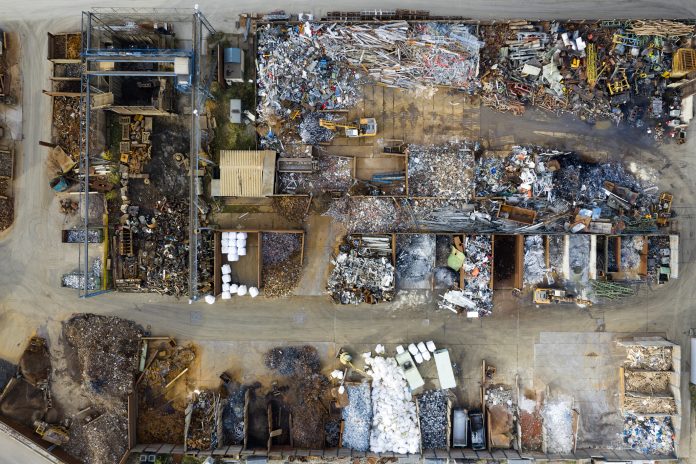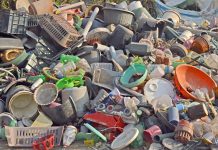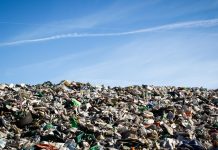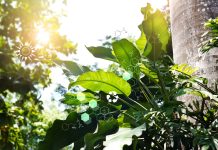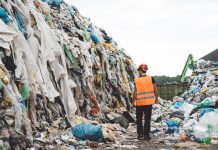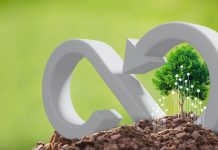A new initiative led by Greek engineering firm Enalos has successfully validated a new technology that transforms industrial waste into sustainable construction materials
The GEORIS project, supported by EIT RawMaterials, demonstrates how harmful industrial byproducts, such as bauxite residue and steel slag, can be repurposed into durable and cost-effective pavement blocks.
Rather than allowing these materials to accumulate in landfills, the GEORIS project offers a sustainable solution by giving them a second life in construction. This development creates a positive step forward in circular economy practices within the raw materials sector.
Positive results
Supported by a €680,000 grant from EIT RawMaterials, the GEORIS project brought together a powerful European consortium. The team includes Enalos, known for its expertise in mining and materials, KU Leuven, one of Belgium’s top universities, SIJ Acroni, a leading Slovenian steel producer, and ZAG, Slovenia’s National Building and Civil Engineering Institute.
The GEORIS project conducted a pilot phase in Greece, utilising 4 tons of bauxite residue to pave a 250 m² parking area. The result showed a functional, cost-effective pavement that achieved up to 25% cost savings compared to traditional cement-based solutions. The trial also allowed the team to monitor material performance under real environmental and operational conditions, providing crucial validation for future scaling.
The circular economy
One of the standout features of the GEORIS project is its contribution to the circular economy. More than 62% of the raw materials used in the pilot came from industrial waste supplied by SIJ Acroni. By diverting these materials from landfills and reintroducing them into the construction supply chain, the project significantly reduces both environmental impact and resource dependency.
The repurposing of waste into construction materials not only minimises environmental hazards but also lowers production costs. This innovative approach aligns closely with the European Union’s sustainability goals and supports the transition toward greener industries.
The next steps
Following the successful pilot and validation, the GEORIS project is now preparing for its next significant milestone: achieving product standardisation under the EU’s Construction Products Regulation. This is a critical step toward wider commercialisation and use in public infrastructure projects.
The team also plans to expand the technology to other Eastern and Southeastern European regions identified under the EIT RawMaterials Regional Innovation Scheme (RIS). By doing so, they aim to broaden the market reach and impact of the project, while fostering innovation in areas where industrial residues are abundant but underutilised.
Turning challenges into opportunity
The GEORIS project is a significant achievement in turning environmental challenges into economic and technological opportunities. By combining scientific expertise, industrial collaboration, and EU support, the consortium has laid the groundwork for a scalable, circular, and economically viable solution to industrial waste.

